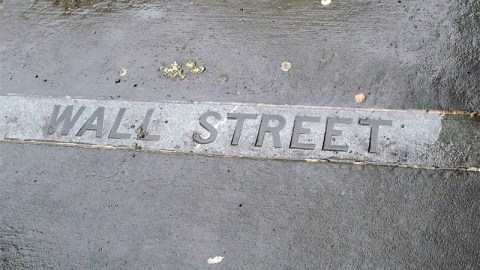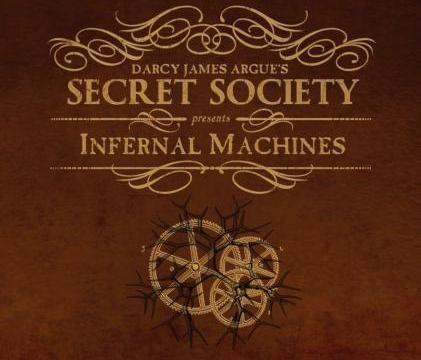The Economic Fire Next Time

Sen. Minority Leader Mitch McConnell (R-KY) told the Senate this week that we need to allow the biggest banks to fail. McConnell explained that he opposes the financial industry reform bill before Congress because it “not only allows for taxpayer-funded bailouts of Wall Street banks, it institutionalizes them.” McConnell is right that it’s important to try to hold banks responsible for the consequences of their actions, and not enable them to behave recklessly by guaranteeing we will cover all their bets. There’s just one problem, as Paul Krugman points out: McConnell’s argument is like saying we shouldn’t institutionalize fire fighting.
As Krugman says, bailing out large banks is analogous to putting out building fires. It might be that knowing the fire department will put out any fire encourages building owners to worry less than they should about fire safety. But the fact is you don’t put out fires just or even mostly for the benefit of the person whose building is burning. You put them out so they won’t spread to other buildings. The same is true with financial bailouts. The point was never to save AIG or Goldman Sachs or any particular company, but rather to keep the collapse of one company from triggering a chain reaction of defaulting companies. Just like with fires with bank failures, as Krugman says, “the damage tends to spread.”
It’s hard to take McConnell seriously in any case. It’s not clear that the new bill would really institutionalize tax-payer funded bailouts. Instead it makes banks pay into a fund to cover their own bailouts. And the fact is that the Wall Street banks McConnell says he doesn’t want to bail out are actually opposed to the new bill—as McConnell, who gets a large part of his corporate campaign contributions from the financial sector, knows quite well.
As Krugman says, “Wall Street isn’t lobbying to prevent future bank bailouts.” The banks know that whatever McConnell says we are as likely to let big banks fail as we are to let downtown buildings burn. No politician wants to be responsible for what might happen next—we all know what happened to Herbert Hoover. What Wall Street wants is to have as few restrictions on what it does between bailouts as possible. In other words, it’s really the economic fire safety measures the banks and McConnell oppose. But if there is a real problem with the bill, it’s that it doesn’t do enough to limit what banks can do, how transparent they have to be, or how large they can get. If there is a problem with the bill it is that it doesn’t do enough to keep economic fires from starting in the first place.





